by Dakota Antelman
In reaction to issues with over-commitment among class officers, senior student government advisers recently announced sweeping changes to the protocol used to elect senior class officers.
Community Council Adviser Mary Beth Cashman and Senior Class Adviser Erin Cothran announced these changes at a class meeting for current juniors on Wednesday. They imposed new rules about attendance of class officer meetings, while also adding in a vetting period for prospective candidates. These changes were made after meetings with class advisers for all grade levels at HHS. Cothran explains that advisers agreed that changes needed to be made to existing class officer frameworks. She adds that depending on the success of this year’s senior elections, portions of this new framework could be expanded into the lower grades.
“I think that students are under so much pressure these days to have a well built up resume,” Cothran says. “I can hear that. But the problem, especially in the senior class, is that being a class officer really needs to be your priority.”
A packet handed out to juniors at the Wednesday announcement stated that an elected officer who misses more than four weekly meetings will be removed from that position. Cothran says that the attendance policy comes as she and other advisers in the school observe officers being “pulled in many different directions” by sports teams and other extra-curricular activities.
In addition to adhering to the attendance policy, candidates must submit a list of activities with their ballot application. They must explain how they will be able to fit their obligations as a class officer in alongside their other commitments.
This focus on attendance frustrates current junior Alicia Sagastume. She is a class representative on Community Council who is also involved with the HHS Drama Society.
“I think that some of the best leaders in the school are people who participate in more than one activity,” she says. “But because of this new attendance policy that is almost too rigid, there is no way for them to do it.”
Sagastume herself says that she hopes to be elected as a class officer next year. She thinks she will be able to fulfill any role she is elected to but concludes that an officer’s commitment to their position “should be effort based and not attendance based.”
One aspect of the changes that has garnered wider support from current hopeful candidates is the set of new expectations, which serve to take a perceived popularity vote out of the elections.
“What’s been frustrating to watch is when there’s been the same student elected every year. They’ve done really good jobs. They’ve planned fabulous ring breakfasts and wonderful proms, and then come senior year, other people decide to run and it becomes a popularity contest,” Cothran says.
She says that the scenario she has described has played out in each of the last three senior elections. She adds, “It’s not to say that the people elected aren’t good at their job. But it’s a little bit sad to watch a class just decide they want somebody new when they’re not thinking about all the great things that they’ve done.”
The new expectations and election timeline add in a space where candidates must make speeches to their class. Cothran hopes that this time allows students with long histories in student government to remind their classmates of their prior successes as class officers. She also hopes that the faculty panel, which will interview candidates and evaluate student applications, will succeed in helping to find out which students would adequately represent their grade.
“Kids think it sounds like a lot,” junior class president Jack Snow says of the new process in general. “I think there are some people who thought about running but won’t be. But at the end of the day, I think that this just weeds out who really wants it and who doesn’t.”
The new process gets underway on May 6 when applications and teacher recommendations are due. The faculty panel will interview students on May 11, and the approved ballot will be announced on May 12. From there, candidates must attend a speech writing workshop on May 17. The campaign speeches and the election will be held during Block A on May 25.
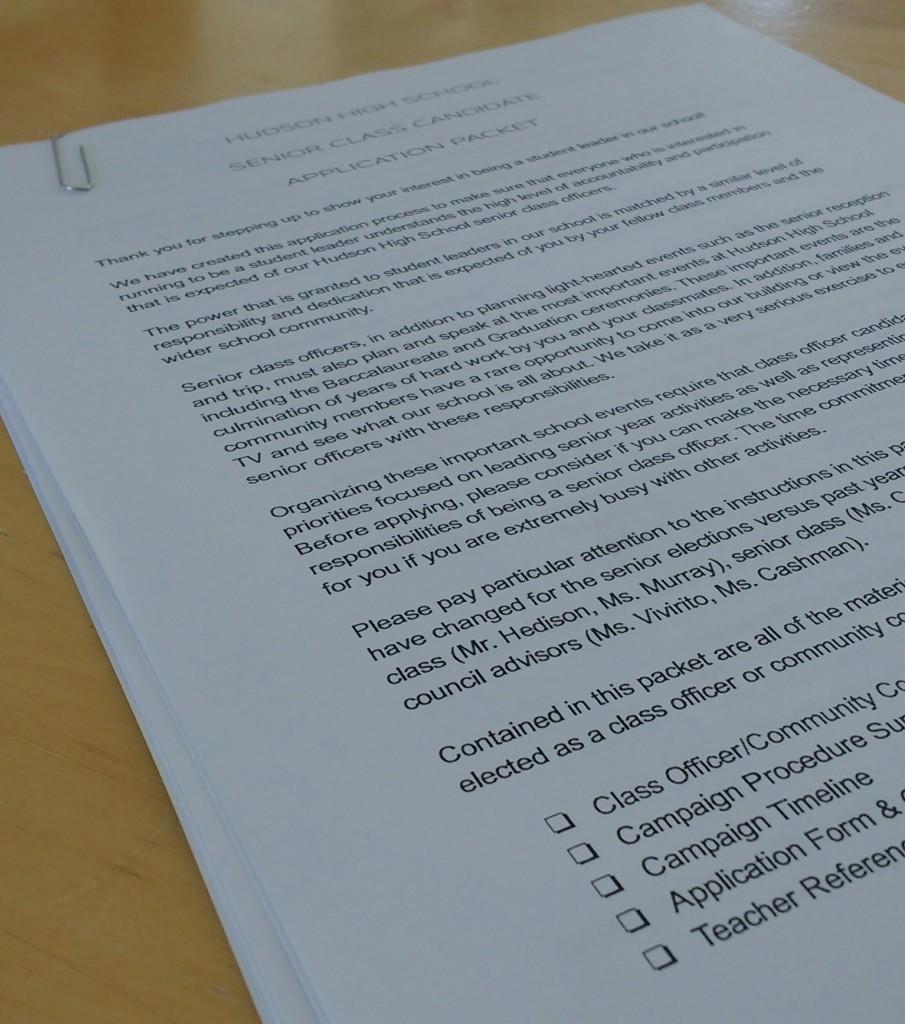
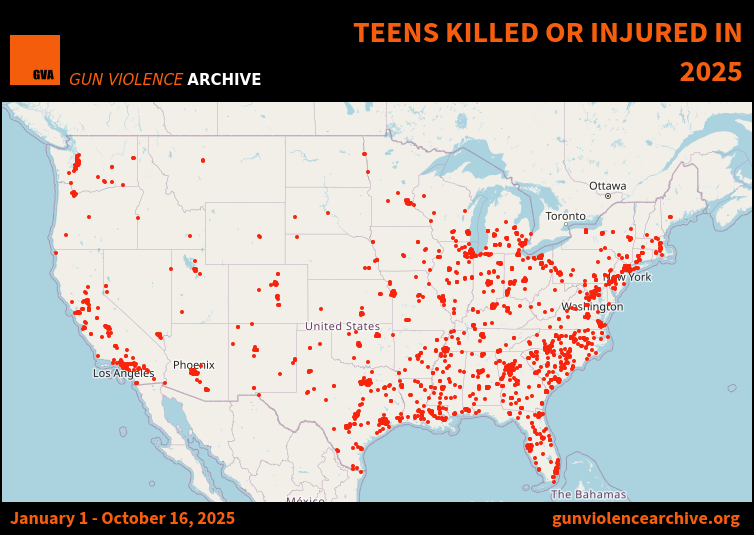
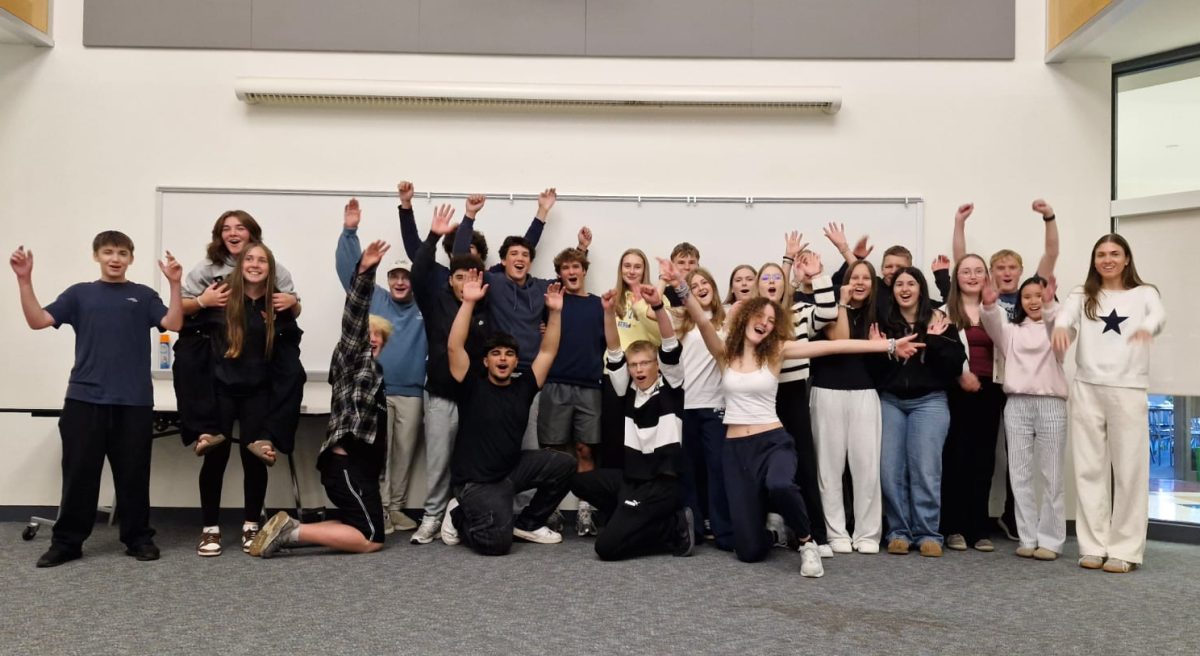
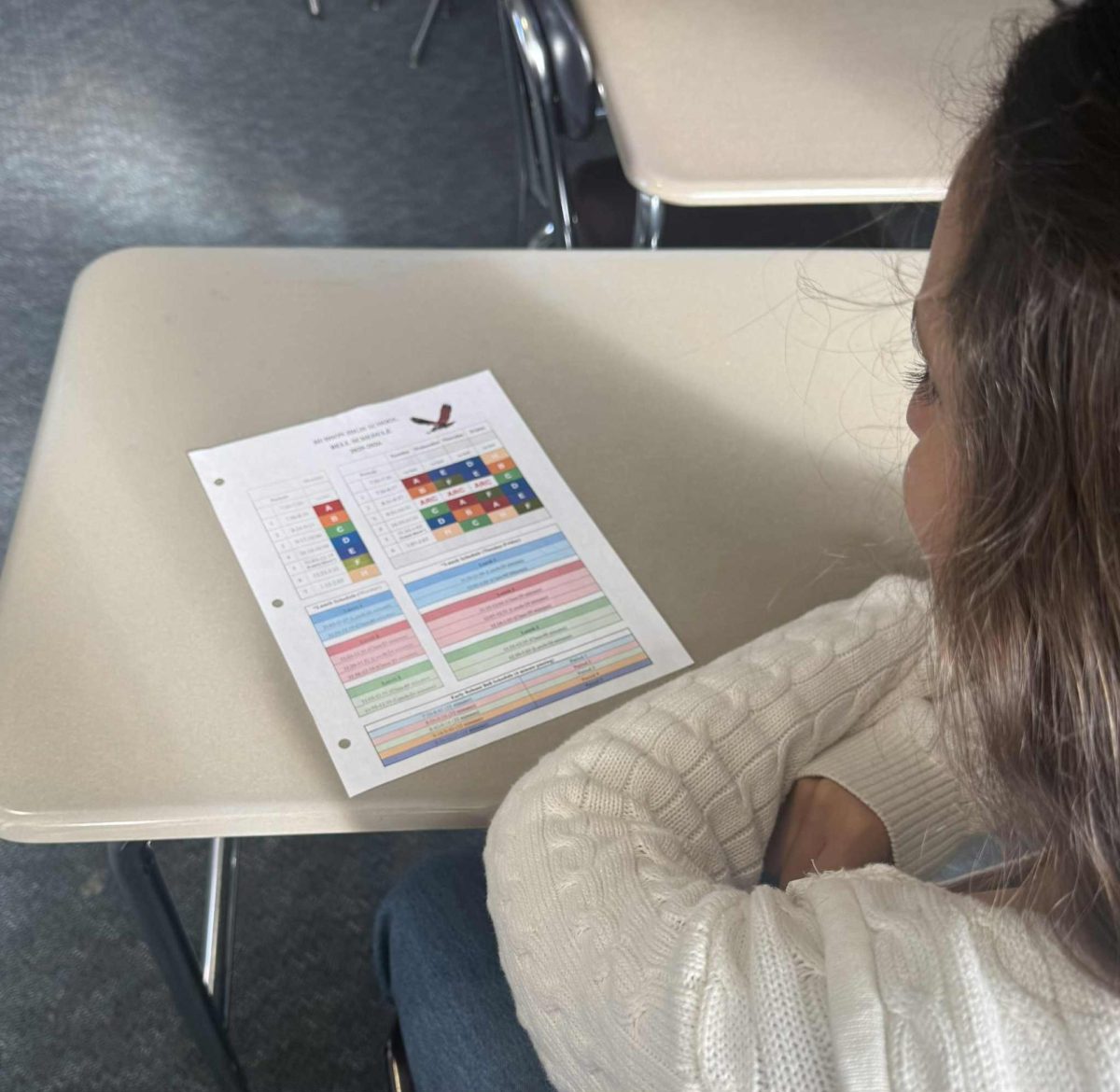



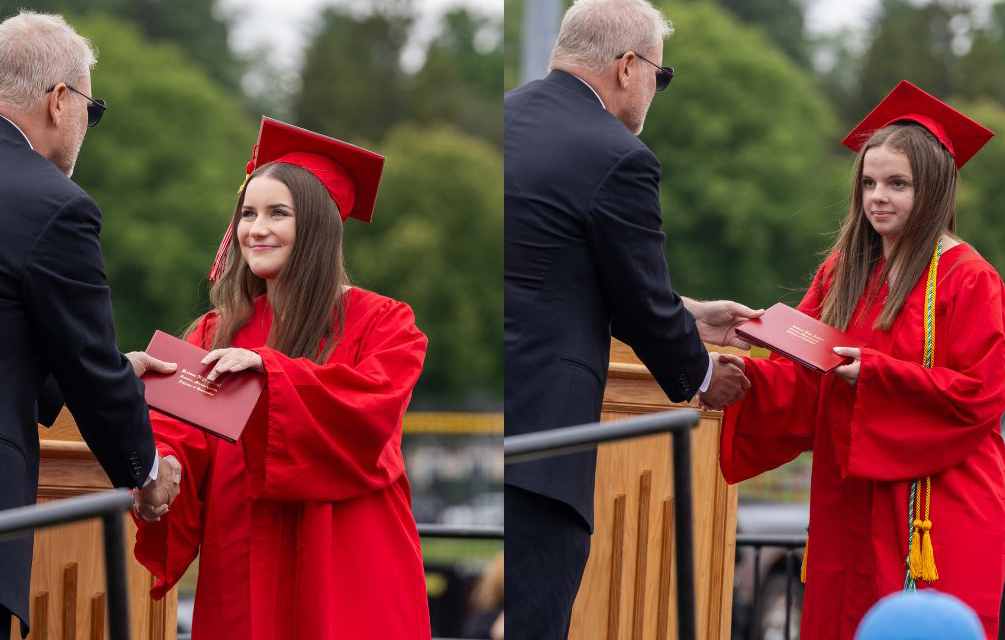

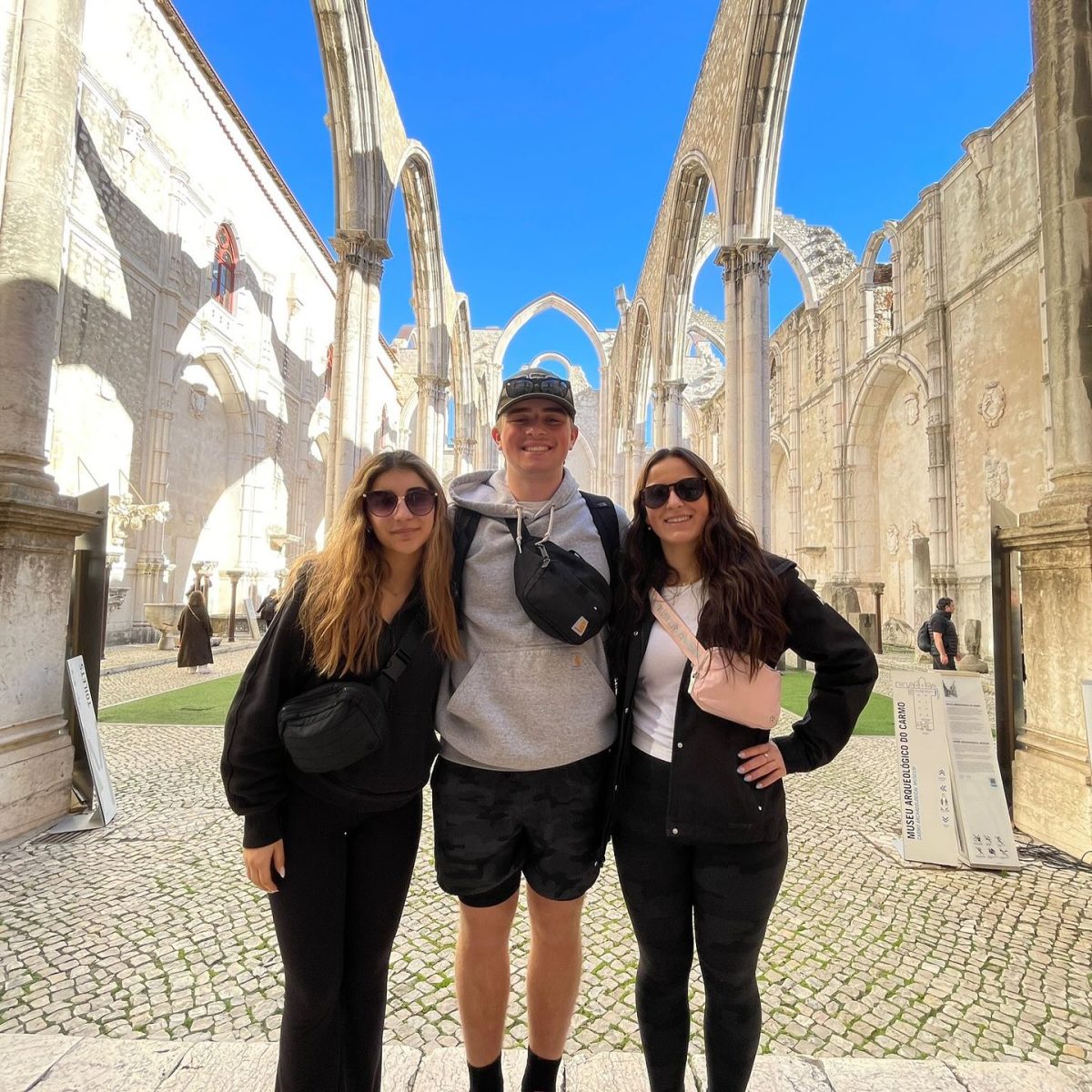


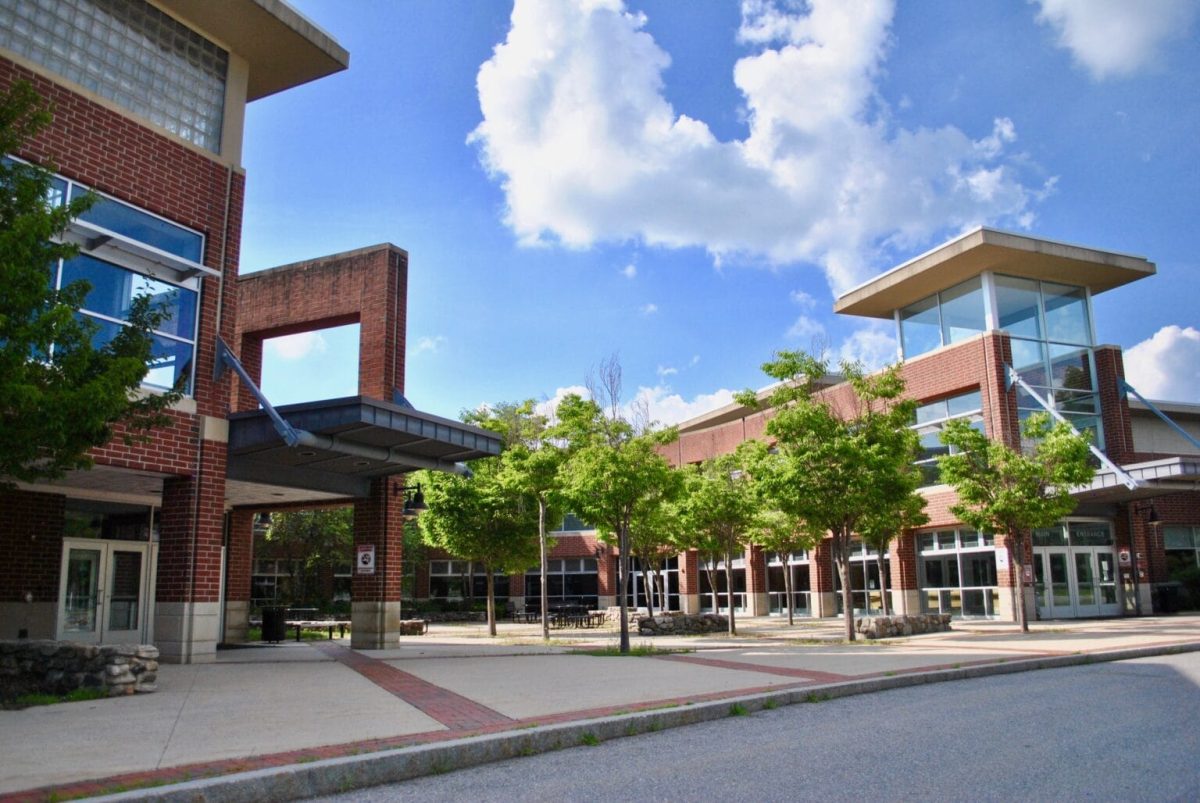
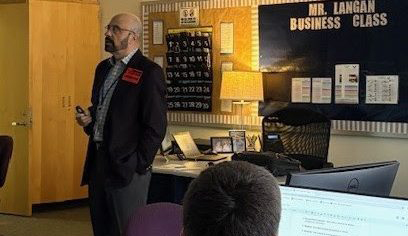
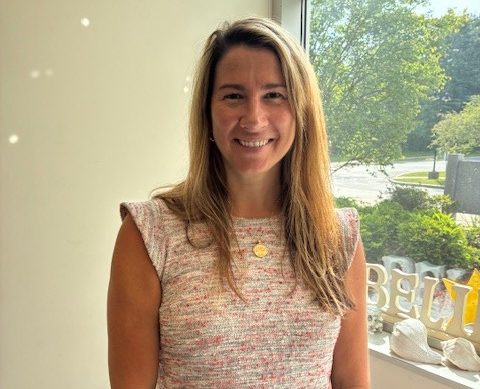
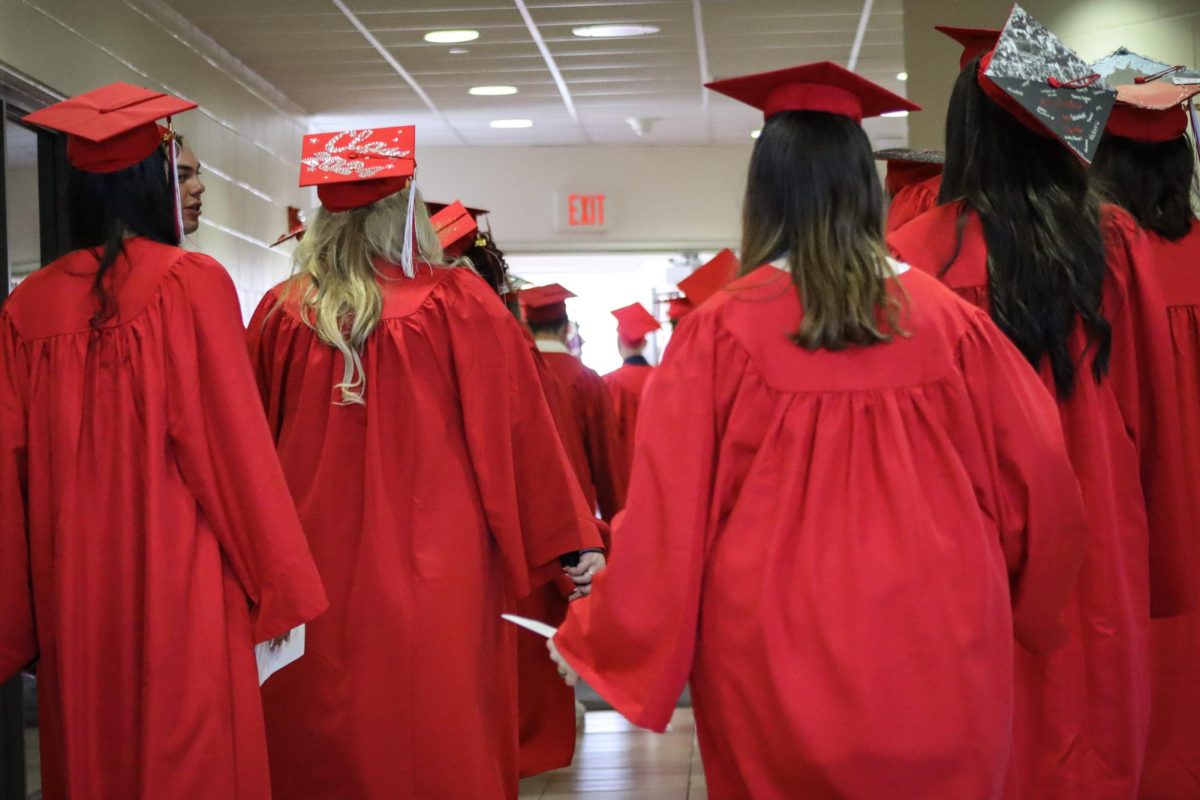

![Brazil's Neymar walks onto the pitch during his debut for Santos FC in a Sao Paulo league football match against Botafogo, in Santos, Brazil, Wednesday, February 5, 2025 [Andre Penner/AP]](https://bigredhawks.com/wp-content/uploads/2025/04/Neymar-is-Back-e1743558992671.jpg)
